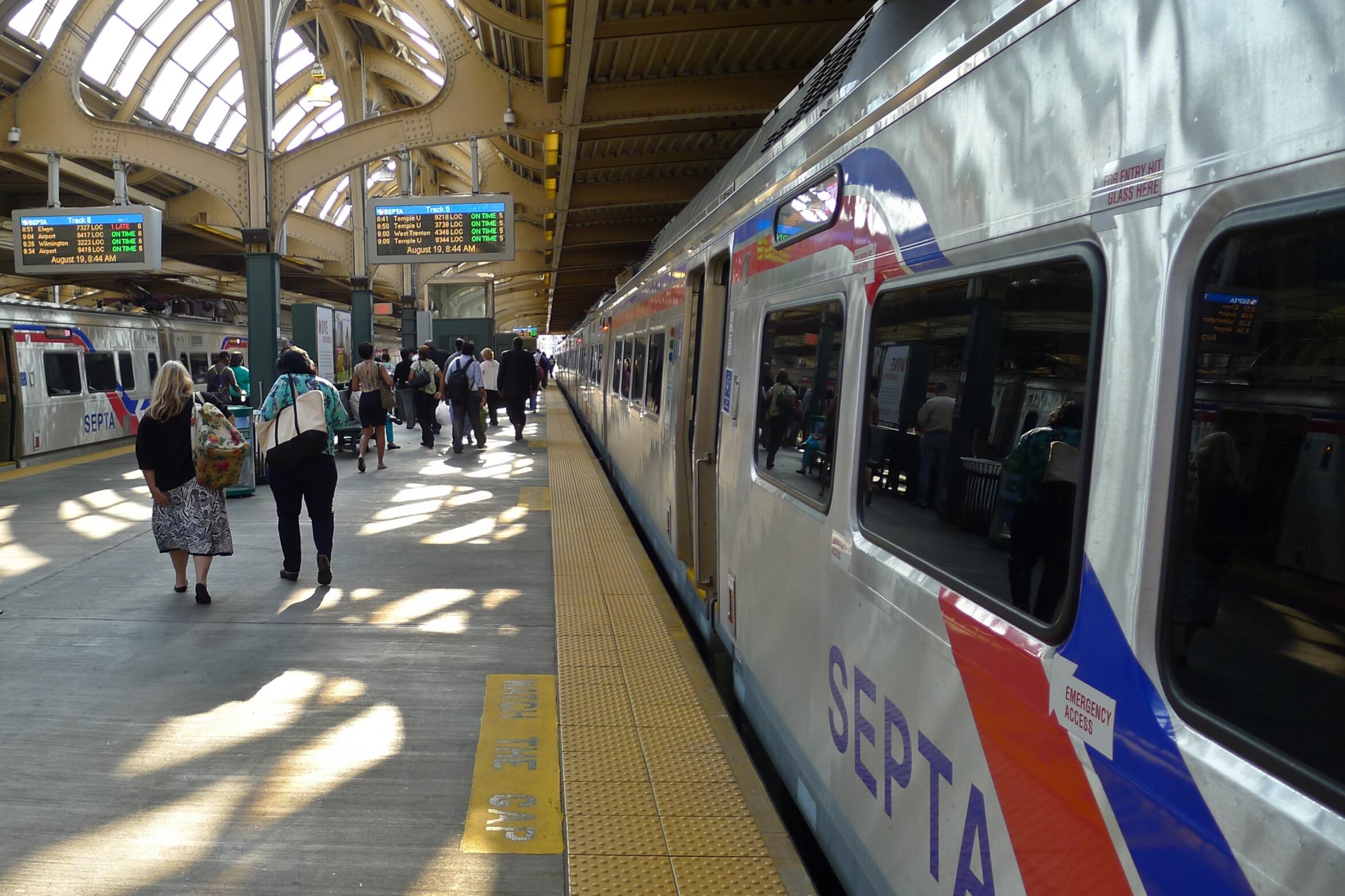After pushing to get most students back in person this year, the Philadelphia school district might be forced to return to remote learning if a SEPTA strike shuts down the region’s buses, trains and trolleys.
In a letter sent to parents Monday, Superintendent William Hite warned that it’s a real possibility if students and staff members can’t get to school buildings.
A strike “would have a devastating impact” on the district and imperil its ability to keep all schools open for in-person learning “five days a week for all students — something we all worked extremely hard to make happen for all students this school year,” he wrote.
Hite said that Transit Workers Union 234 met Saturday on whether to authorize a strike. Their contract expires on Oct. 31. Nearly 60,000 students use SEPTA each day to get to school, as do many staff members.
Hite urged parents to make sure their students’ laptops and internet access are working in case individual schools need to revert temporarily to virtual learning.
The school district already has struggled with transportation issues because of staffing shortages, with parents sharing stories of their children not getting home for hours or being left at the wrong bus stop.
“In the midst of a national driver shortage that is already disrupting our District operations, providing student transportation support to all students who would need it during a strike would not be an option,” Hite said.
The district also asked principals to take surveys in their schools of how many staff use SEPTA to get to work, said Robin Cooper, head of the Commonwealth Association of School Administrators, which represents principals.
Cooper said that the schools already are suffering critical shortages of staff, even without a strike. Continued vacancies in all areas, including teachers, “have taken a tremendous toll on staff members,” she said. According to its website, the district still has 673 non-teaching vacancies and nearly 300 unfilled teacher positions.
Shakeda Gaines, president of the city’s Home and School Council, said that she is hearing fewer complaints about the district’s own transportation system. To cope, the district offered parents $300 a month to get children back and forth from school on their own, or $150 a month if they can manage at least one way.
On a potential SEPTA strike, she said that “we hope that this deliberation is conducted quickly and carefully so that union workers feel heard and appreciated and families across our city are not left in yet another traumatic experience.”
Hite noted in his letter that the city and families are suffering from “increasing gun violence and... many other traumas” as a result of the pandemic.
“Our schools are a safe haven for thousands of Philadelphia’s young people. We are advocating relentlessly with City leaders for a non-strike resolution to SEPTA negotiations.”






